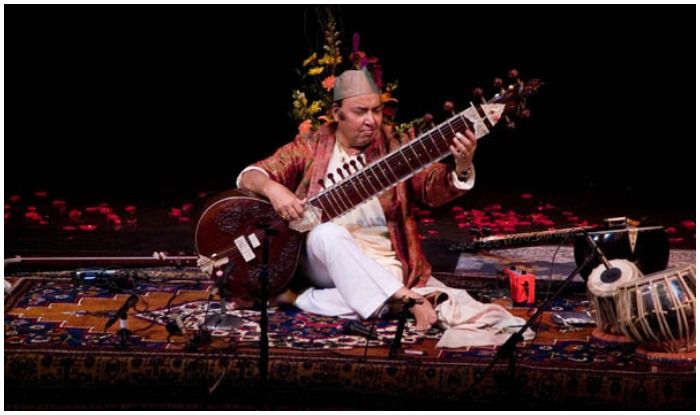New Delhi: Indian classical music doyen, Ustad Imrat Khan, known for promoting the sitar and the surbahar internationally, has passed away in the United States at the age of 83, his family said Friday.
Khan breathed his last in a hospital in St. Louis Thursday after a stroke. He was unwell for quite some time and was hospitalised last week. He had been living in St. Louis for well over two decades.
“No words can express the loss… May Allah bless his soul,” Khan’s bereaved nephew, Hidayat Husain Khan, said confirming his death. The funeral is expected to take place Saturday.
He belonged to the Etawa Gharana, which traces its origins through an unbroken line of celebrated musicians to the 16th Century, where training was passed down from father to son for almost 400 years.
Khan was the younger brother of sitar maestro Ustad Vilayat Khan and was born in what was then Calcutta into a family of musicians.
His father was Enayat Khan, recognised as a leading sitar and surbahar player of his time, as had been his grandfather, Imdad Khan before him. His father died when Khan was a child and he was raised by his mother, Bashiran Begum, and her father, singer Bande Hassan Khan.
In 1944, the family moved to Bombay (now Mumbai), where he learned extensively from his uncle Wahid Khan. In 1961, he performed at the Edinburgh International Festival. The year also saw his first concerts in Berlin and London and first recordings for BBC radio and television. He also performed at the Cannes Film Festival in 1970.
From then onwards, Khan had performed and recorded solo, playing both sitar and surbahar, and appeared at numerous music festivals across the globe.
The noted musician was disappointed that the Indian government never recognised his contributions, even as several of his juniors and those who trained under him were presented with Padma awards.
Khan had turned down the Padma Shri last year and expressed his disappointment publicly, saying that the recognition had come too late.
IANS
